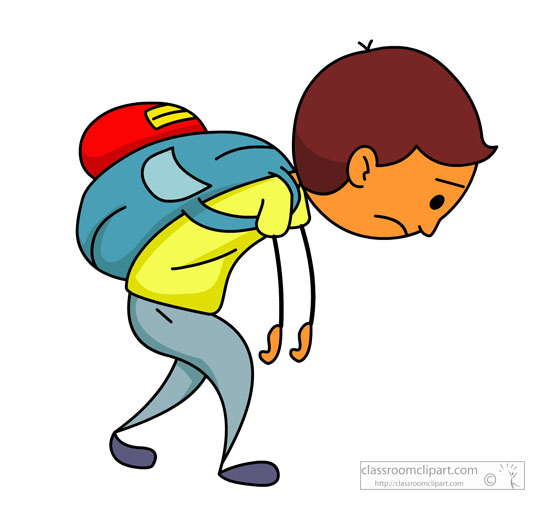When billionaire Betsy Devos, the woman who bought the Secretary of Education position in Donald Trump’s administration, addressed attendees at the Conservative Political Action Conference on Thursday, she received a lot of criticism from people who actually care about children for a remark she made in which she claimed to be the first person to tell Bernie Sanders “to his face that there’s no such thing as a free lunch.” Although her comment was meant to be humorous, those of us who possess an ounce of humanity know that there is nothing funny about children living in poverty. However, this may be the one and only time that I can actually agree with the literal words of Betsy Devos. There is no such thing as a free lunch. In fact, my kids pay every day.
According to a 2016 report from the Annie E. Casey Foundation, 1 in 4 kids in Ohio, about 600,000 children, are living in poverty. In the city that I teach in, Cleveland, 53.2% of children are living in poverty. Our children absolutely pay every single day of their lives for the meager opportunity to have a “free lunch.” They may not be paying with the currency that Betsy DeVos and her wealthy cronies value, but they are paying in many other ways that matter so much more. Below are just a few examples from the American Psychological Association:
Effects of child poverty
- Poverty is linked with negative conditions such as substandard housing, homelessness, inadequate nutrition and food insecurity, inadequate child care, lack of access to health care, unsafe neighborhoods, and under-resourced schools which adversely impact our nation’s children.
- Poorer children and teens are also at greater risk for several negative outcomes such as poor academic achievement, school dropout, abuse and neglect, behavioral and socioemotional problems, physical health problems, and developmental delays.
- Economists estimate that child poverty costs an estimated $500 billion a year to the U.S. economy; reduces productivity and economic output by 1.3 percent of GDP; raises crime and increases health expenditure (Holzer et al., 2008).
Poverty and academic achievement
- Chronic stress associated with living in poverty has been shown to adversely affect children’s concentration and memory which may impact their ability to learn.
- The academic achievement gap for poorer youth is particularly pronounced for low-income African American and Hispanic children compared with their more affluent White peers.
Poverty and psychosocial outcomes
- Children living in poverty are at greater risk of behavioral and emotional problems.
- Unsafe neighborhoods may expose low-income children to violence which can cause a number of psychosocial difficulties. Violence exposure can also predict future violent behavior in youth which places them at greater risk of injury and mortality and entry into the juvenile justice system.
Poverty and physical health
Children and teens living in poorer communities are at increased risk for a wide range of physical health problems:
- Low birth weight
- Poor nutrition which is manifested in the following ways:
- Inadequate food which can lead to food insecurity/hunger
- Lack of access to healthy foods and areas for play or sports which can lead to childhood overweight or obesity
- Chronic conditions such as asthma, anemia and pneumonia
- Risky behaviors such as smoking or engaging in early sexual activity
- Exposure to environmental contaminants, e.g., lead paint and toxic waste dumps
- Exposure to violence in their communities which can lead to trauma, injury, disability and mortality
As I was leaving a wake this morning for a teen I knew who was killed while at a playground in Cleveland, the price that my students pay because of poverty weighs heavily on me. There are no free lunches. My kids might get some free food at the schools they attend, but no one can tell me that they aren’t paying.

Leave a comment